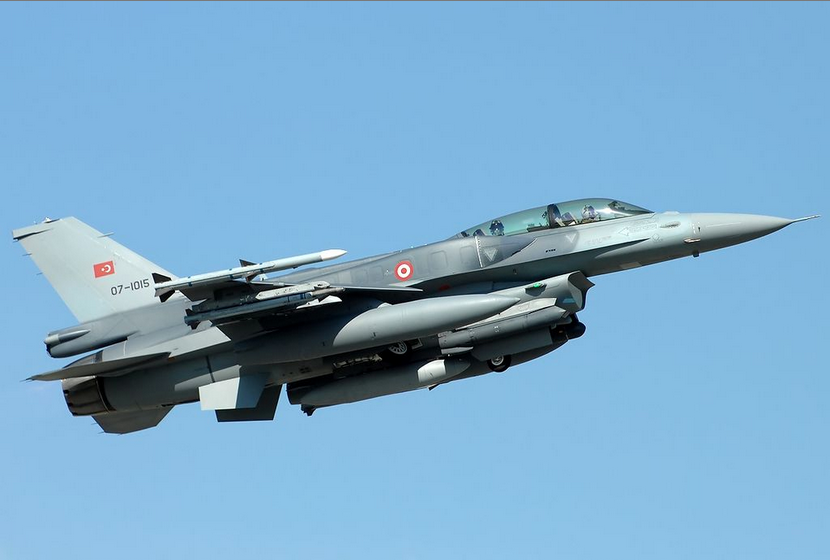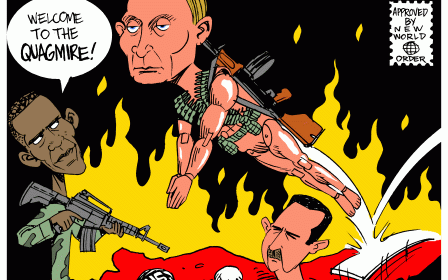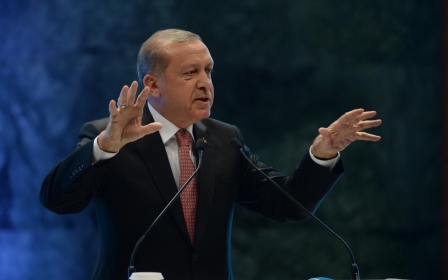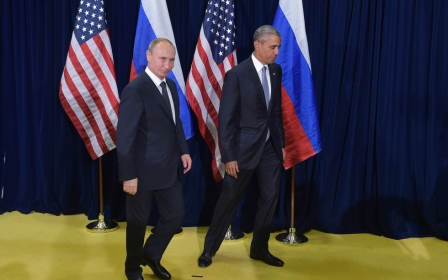Kerry backs Ankara over intercept of Russian jet over Turkey

Turkey summons ambassador
However, Prime Minister Davutoglu said Syria was "not a Turkey-Russia crisis... our channels with Russia remain open".
Ankara said the Russian fighter was intercepted after it infringed Turkish airspace at 12:08pm (0908 GMT) on Saturday, south of the Yayladagi region in Turkey's southern Hatay province.
The Turkish army also reported on Monday a MIG-29 jet "harassed" two patrolling F-16s by locking on to their radar signals on Sunday, in a second incident near the Turkish-Syrian border. The statement however said the army did not know which air force the jet belonged to. MIG-29s are Russian-made but also flown by the Syrian air force.
NATO warning
NATO said the incursion on Saturday was an "extreme danger", and called on Russia to stop its bombing campaign against the Syrian opposition groups.
After an emergency meeting, the alliance said in a statement: "Allies strongly protest these violations of Turkish sovereign airspace and condemn these incursions into and violations of Nato airspace. Allies also note the extreme danger of such irresponsible behaviour."
The head of Nato, Jens Stoltenberg, meanwhile called on Russia to "fully respect Nato airspace and avoid escalating tensions with the alliance".
"NATO remains strongly committed to Turkey's security," he said. "Russia’s actions are not contributing to the security and stability of the region."
In Russia, presidential spokesman Dmitry Peskov said that he did not think the country's relations with Turkey would be "badly affected" by its operations over Syria
“Our bilateral relations with Turkey are quite comprehensive and based on strong grounds,” he said, adding: "Our ambassador [in Ankara] was summoned to the [Turkish] Foreign Ministry and given a note, which we will check”.
New MEE newsletter: Jerusalem Dispatch
Sign up to get the latest insights and analysis on Israel-Palestine, alongside Turkey Unpacked and other MEE newsletters
Middle East Eye delivers independent and unrivalled coverage and analysis of the Middle East, North Africa and beyond. To learn more about republishing this content and the associated fees, please fill out this form. More about MEE can be found here.




